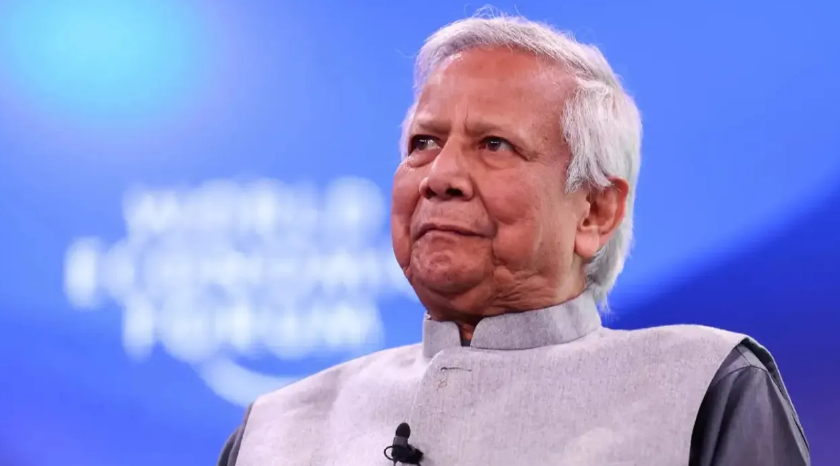Bangladesh’s caretaker government, led by Muhammad Yunus, has introduced a new national education policy requiring primary schools to appoint music and dance teachers, aiming to enhance children’s artistic, cultural, and creative development. The move, however, has provoked strong opposition from radical groups such as Jamaat-e-Islami, Khilafat Majlis, and the Bangladesh Khilafat Movement. These groups argue that early exposure to music and dance undermines religious education, could lead children to lose faith in Islam, and promotes moral decay. Islamic Movement Bangladesh leader Sayyed Rezaul Karim also criticized the policy, claiming it encourages corruption and erodes ethical values.
Radical groups have issued ultimatums to the Yunus government, warning that protests will continue until religious teachers replace arts instructors. Observers note that the controversy could influence Bangladesh’s political and cultural trajectory. Last year, the country witnessed widespread unrest, with 88 incidents of religiously motivated violence between August and October 2024, contributing to the resignation of Prime Minister Sheikh Hasina. Since Yunus assumed caretaker leadership, attacks on Hindus and other minorities have increased, particularly in historical districts such as Thakurgaon, Lalmonirhat, Dinajpur, Sylhet, Khulna, and Rangpur. According to UN reports, 3,000–4,000 Hindus from affected villages have sought refuge near the India-Bangladesh border, while attacks have also targeted Ahmadi Muslims, Buddhists, and Christians.






